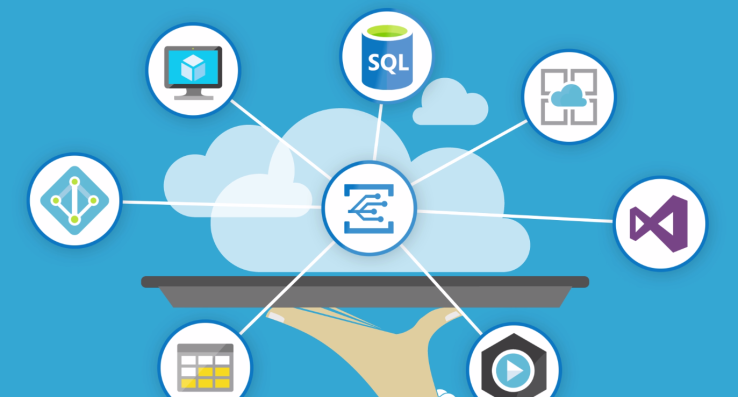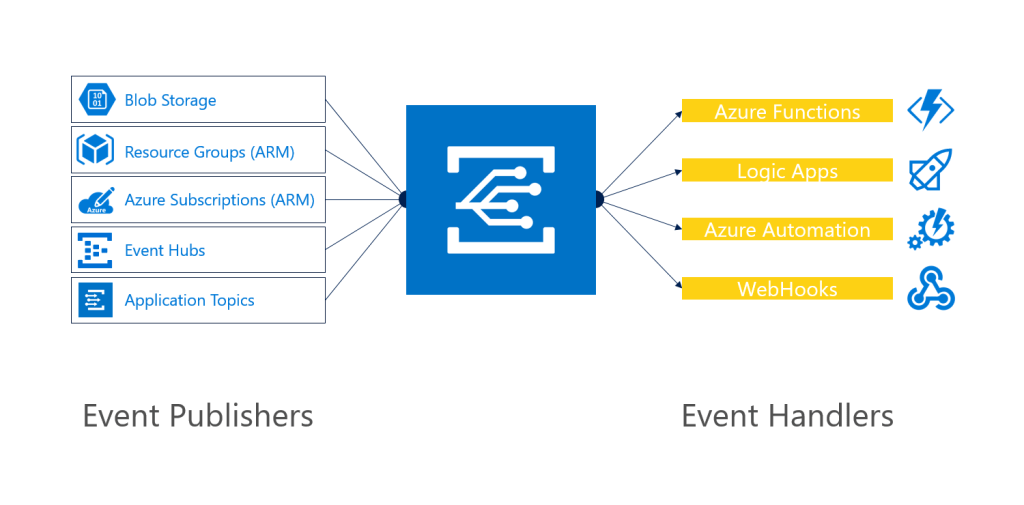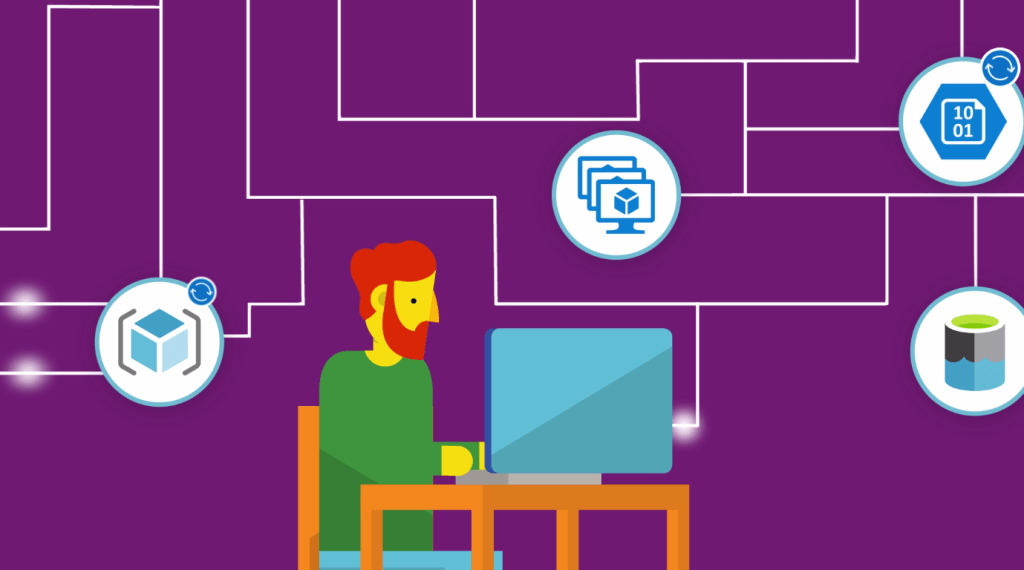

Microsoft announced a new product in its Azure line-up in preview today that will make it easier for developers to build event-based applications.
The Azure Event Grid makes events (like uploading a picture or video, clicking a button, updating a database, etc.) first-class Azure objects. Event Grid complements Azure Functions and Azure Logic Apps, Microsoft’s existing serverless offerings, and gives developers access to a fully managed event routing service. This new service gives them the flexibility to ingest and react to virtually any event — whether that’s happening inside Azure or on a third-party service or in an existing application.
Developers can use Event Grid to route events to specific endpoints (or even multiple endpoints) and filter them as necessary.
“Serverless” has always been a misnomer, given that even the most serverless of serverless applications still needs to run on servers. Still, the basic idea behind serverless platforms is that you can use this model to build event-driven applications without having to worry about the underlying infrastructure. Indeed, Microsoft director of Azure Compute Corey Sanders told me that Event Grid actually sits on top of Service Fabric, Microsoft’s platform for building microservices. As a developer, though, you don’t need to worry about managing these services — the platform will handle that for you.
Indeed, Microsoft director of Azure Compute Corey Sanders told me that Event Grid actually sits on top of Service Fabric, Microsoft’s platform for building microservices. As a developer, though, you don’t need to worry about managing these services — the platform will handle that for you.
Event Grid takes the ideas of Azure Functions and Logic Apps a bit further, though, thanks to its built-in ability to take inputs from any application with the help of webhook endpoints. “The goal here is to offer a first-class event object that customers can manage and manipulate,” Sanders told me. Out of the box, Event Grid also supports Azure Blog Storage, Resource Manager, Application Topics, Event Hubs, Azure Functions, Azure Automation and Logic Apps, with support for other Azure-based services, including the new CosmosDB database service and IoT Hub, coming later this year. Given that IoT applications are a logical fit for this service, it’s actually a bit of a surprise that support for IoT Hub isn’t part of this initial release.
Beyond standard serverless applications and integrations (something that Logic Apps is already pretty good at), developers can also use Event Grid to automate some of the operations workflows to react to newly spun up virtual machines or databases, for example.
Pricing for Event Grid is based on the number of operations you process. The first 100,00 operations are free; after that, you pay $0.60 per million operations (though during the preview, that price is currently $0.30 per million operations). Operations are defined as any ingress, advanced match, delivery attempt or management call.


